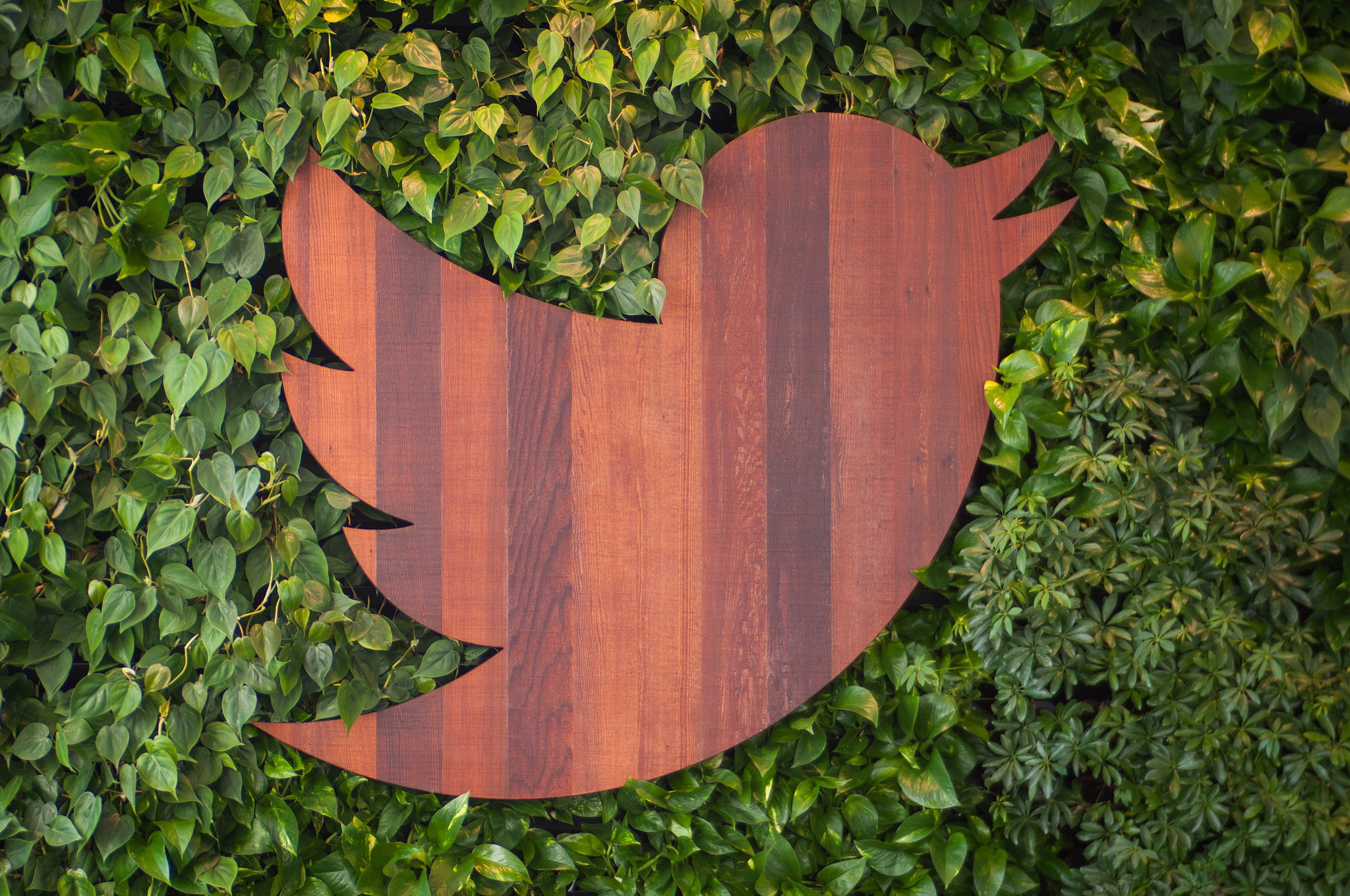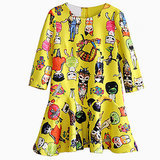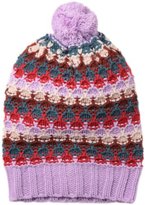Twitter Ethics For Journalists
What If Your Most Personal, Sensitive Tweet Went Viral?
Yesterday afternoon, Twitter user steenfox prompted her followers with a question: "What were you wearing when you're assaulted? Let me know if it's ok to RT your response. Thank you in advance for sharing. <3" The responses started a discussion about how it doesn't actually matter what sexual assault victims were wearing when assaulted.
But steenfox was probably unaware that her query would spark a heated debate about social media ethics and whether or not Twitter is truly an open forum.
 Source: Flickr user Twitteroffice
Source: Flickr user Twitteroffice
BuzzFeed reporter Jessica Testa collected some tweeted responses from victims and published the tweets in an article titled, "Sexual Assault Survivors Answer the Question 'What Were You Wearing When You Were Assaulted?'" The post claims that all users gave BuzzFeed permission to publish the tweets, while some asked that their names and photos be blurred. You can see that the reporter reached out for permission in her "replies" timeline.
Then, a tidal wave of reactions hit Twitter.
Christina Fox, the woman who started this conversation, said that she did not give her consent to be included in the BuzzFeed article. Some claim that publishing the victims' tweeted stories ruined the safe space steenfox created on Twitter. Others point out that publishing something on Twitter is not the same as being exposed on a popular website.
Still, some strongly believe that Twitter is a public forum. Gawker's Hamilton Nolan writes: "When choosing to use Twitter, it is important to weigh the pluses and minuses of choosing to use Twitter. Because Twitter is public."
An article by Jenée Desmond-Harris in The Root approached the online conversation differently. The author made the responses anonymous "to protect the privacy of users who did not anticipate that they would be quoted."
It's true that Twitter is public, unless users opt to limit tweets to approved Twitter followers by heading to the "Security and privacy" settings and enabling "Protect my tweets." It's also true that if your tweets are public, they can be embedded in places around the web without you knowing. They can be embedded in places like BuzzFeed and the site you're reading right now.

In a public forum like Twitter, Reddit, or even Facebook, no one needs permission to use your content, from a legal standpoint, but they may have an ethical obligation to do so. After all, how would you feel if your most personal, sensitive tweet went viral?
This reporter did ask for consent of the victim's tweets but did not receive it from the woman who instigated the question. Is that fair?



















































































